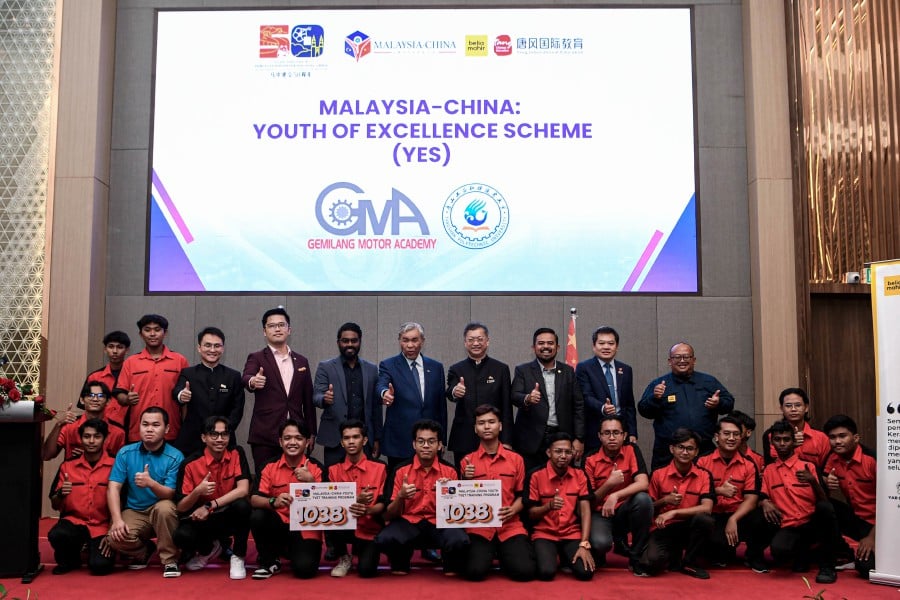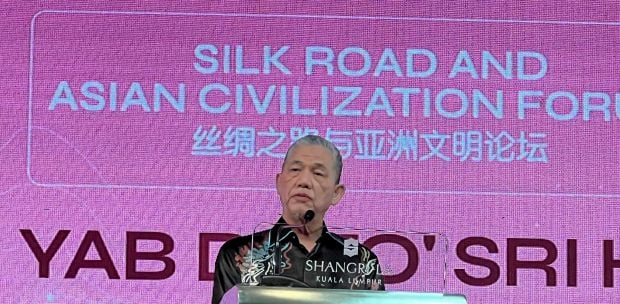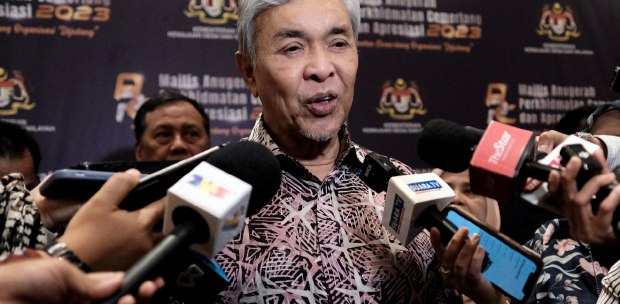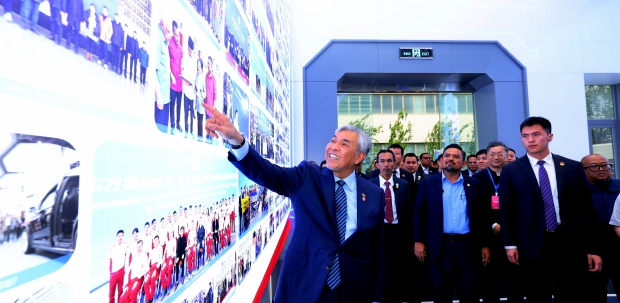KUALA LUMPUR: The Look East Policy of the past is now replaced by 'Cooperation with the East', said Deputy Prime Minister Datuk Seri Dr Ahmad Zahid Hamidi.
He said the new policy has been discussed with Prime Minister Datuk Seri Anwar Ibrahim and compared to the previous policy, it is now expanded to include China with various other initiatives.
"The prime minister has agreed to change the Look East Policy with 'Cooperate with the East'.
"The previous policy only included South Korea and Japan. Now, China, South Korea, and Japan are our core partners, not just for TVET (technical and vocational education and training) but for other developments", he said in a speech at the flag-off ceremony for 56 participants of TVET initiative programmes by the Malaysian-China Institute (MCI) here today.
Zahid, who is also Rural and Regional Development Minister, believes that such a cooperation with these countries may lead to Malaysia becoming a new economic 'Asian tiger'
"The Look East policy is no more", he declared.
This initiative is among the results of Zahid's official visit to China from May 22 until June 1 and an official visit by Chinese prime minister Li Qiang to Malaysia from June 18 to 20.
Also present at the ceremony was Port of Tanjung Pelepas (PTP) head of human resources Jaizal Kamar Jalaludin, National Association of Skilled Workers (PKPB) head Rizan Hassan, and Tang International Education Group chief executive officer Li Jinsong .
Also present were Ipoh Timor member of parliament Howard Lee, Malaysian Indian Transformation Unit chairman and Batu MP P. Prabakaran and representatives from Chery and China Eastern Airlines.
In his speech, Zahid highlighted the programmes under MCI which are a realisation of China's Belt and Road Initiative.
While the original allocation made by the Chinese government for these programmes was only for around 2,000 particpants, which include both students and teaching staff, additional allocations have pushed it to more than 5,000.
Zahid said the increased allocations allows for Malaysians of all ethnic backgrounds to be given an opportunity to pursue advanced TVET education in cutting-edge technologies.
"The reason? To ensure equity for students to receive hands-on instruction."
The 56 participants sent off today will arrive at Zhejiang International Maritime College, Yantai Vocational College and Tangshan University in China for various training programmes involving port activities and electric vehicle technology.





